The web browser market has long been dominated by Google Chrome and Apple's Safari, but a new breed of challengers is emerging. These alternative browsers are leveraging artificial intelligence, prioritizing privacy, and even focusing on user well-being. Let's explore some of the top contenders in this competitive landscape.

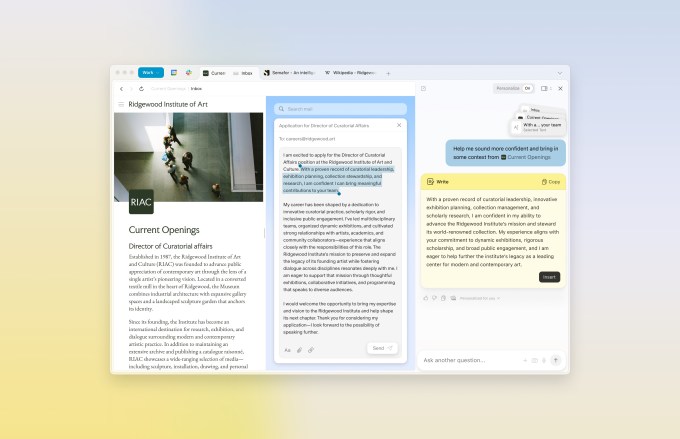
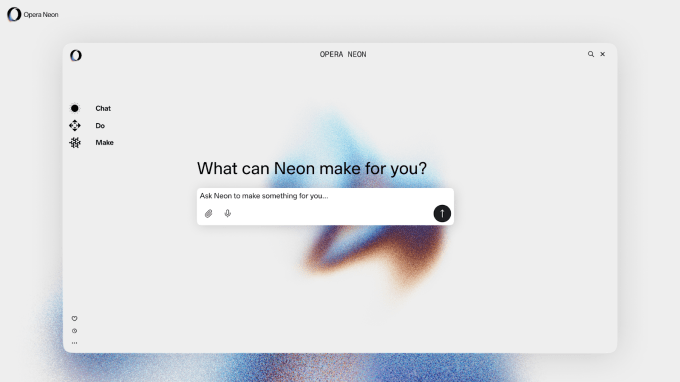

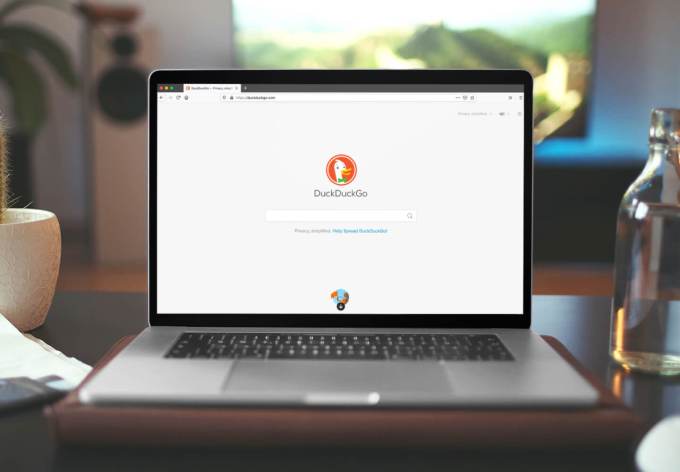
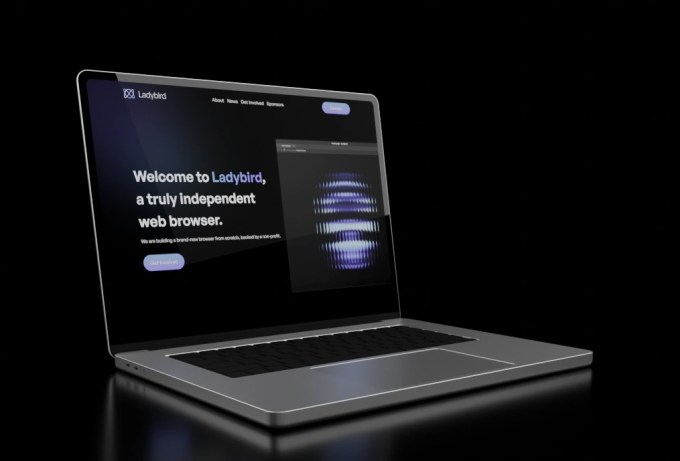
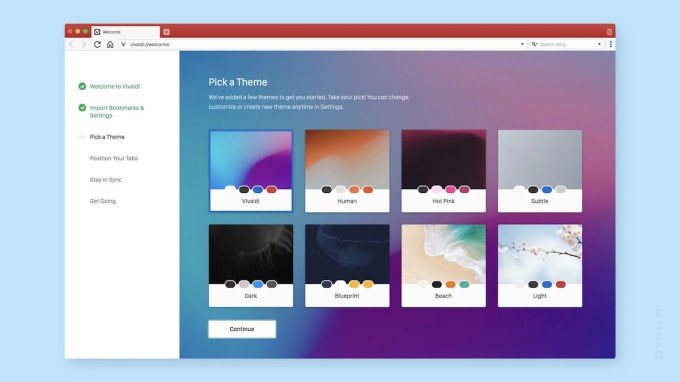
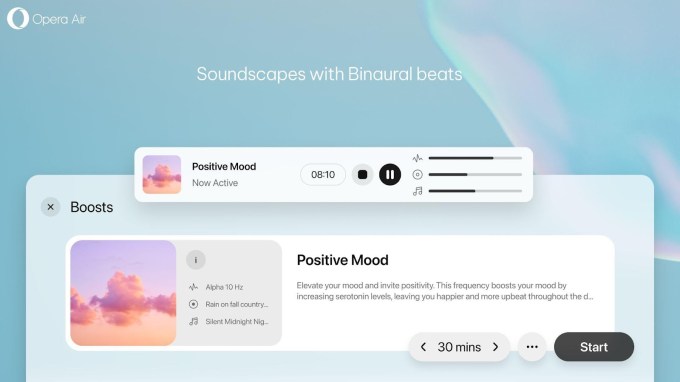
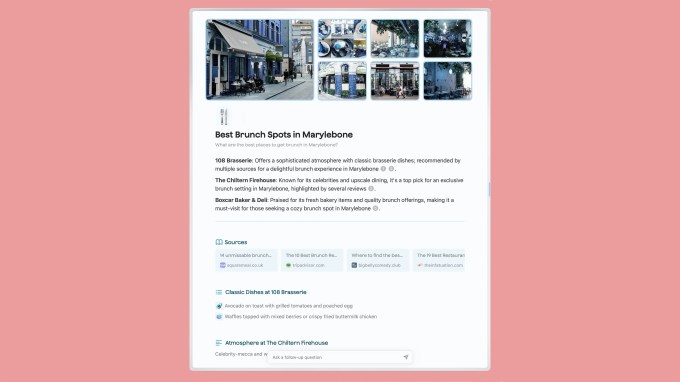

Perplexity's Comet is a chatbot-based search engine that can summarize emails, browse web pages, and perform tasks like sending calendar invites. Currently exclusive to Perplexity's $200/month Max plan, Comet is only available to a select few but has a waitlist for interested users.
The Browser Company's Arc introduced Dia, an AI-centric browser that looks similar to Google Chrome but includes an AI chat tool. Dia is designed to help users navigate the web more easily by analyzing every website they've visited and every website they're logged into. It can provide information about the current page, answer questions about a product, and summarize uploaded files. Early access to Dia is available to Arc members, with a waitlist for non-members.
Opera's Neon is another AI agentic browser in the works, featuring contextual awareness and capabilities like researching, shopping, and writing code snippets. Notably, Neon can perform tasks while the user is offline. While it's not yet available, users can join the waitlist for this subscription product.
OpenAI may also be joining the AI-powered browser race as soon as July, with a browser that operates inside ChatGPT, allowing users to browse websites within the chatbot instead of being directed to external links.
Brave is a well-known privacy-first browser, popular for its built-in ad and tracker blocking capabilities. It has a gamified approach to browsing, rewarding users with its own cryptocurrency called Basic Attention Token (BAT). Additional features include a VPN service, an AI assistant, and a video calling feature.
DuckDuckGo, known for its search engine, has made significant investments in its browser to stay competitive. It introduced generative AI features like a chatbot and enhanced its scam blocker to detect a wider range of scams. DuckDuckGo prevents trackers and ads and doesn't track user data, resulting in fewer pop-ups for users.
Ladybird, led by GitHub co-founder Chris Wanstrath, aims to build an entirely new open-source browser from scratch. Unlike most alternative browsers that rely on the Chromium open-source project, Ladybird will not depend on existing browser code. It will offer features to minimize data collection, such as a built-in ad blocker and the ability to block third-party cookies. The alpha version is scheduled for release in 2026 for early adopters on Linux and macOS.
Vivaldi, created by one of the original developers of the Opera browser, is a Chromium-based browser with a customizable user interface. It allows users to change the appearance and enable or disable features. Unique features include a browser window that changes color to match the website being viewed, ad blocking, a password manager, no user data tracking, and productivity tools like a calendar and notes.
Opera Air, launched in February, is one of the first mindfulness-themed browsers. It includes unique features designed to support mental well-being, such as break reminders, breathing exercises, and "Boosts" that provide binaural beats for focus or relaxation.
SigmaOS, a Mac-only browser, features a workspace-style interface that emphasizes productivity. It displays tabs vertically, allowing users to treat them like a to-do list. Users can create workspaces to better organize different activities. SigmaOS has begun introducing more AI features, including the ability to summarize various elements of a web page and an AI assistant that can answer questions, translate text, and rewrite content. It's free to use, but users who want more than three workspaces can subscribe to a plan for $8 per month for unlimited workspaces.
Zen Browser aims to create a "calmer internet" with its open-source browser. It lets users organize tabs into Workspaces, offers Split View to view two tabs side by side, and includes other productivity-focused features. Users can also enhance their browsing experience with community-made plugins and themes, such as a mod that makes the tab background transparent.